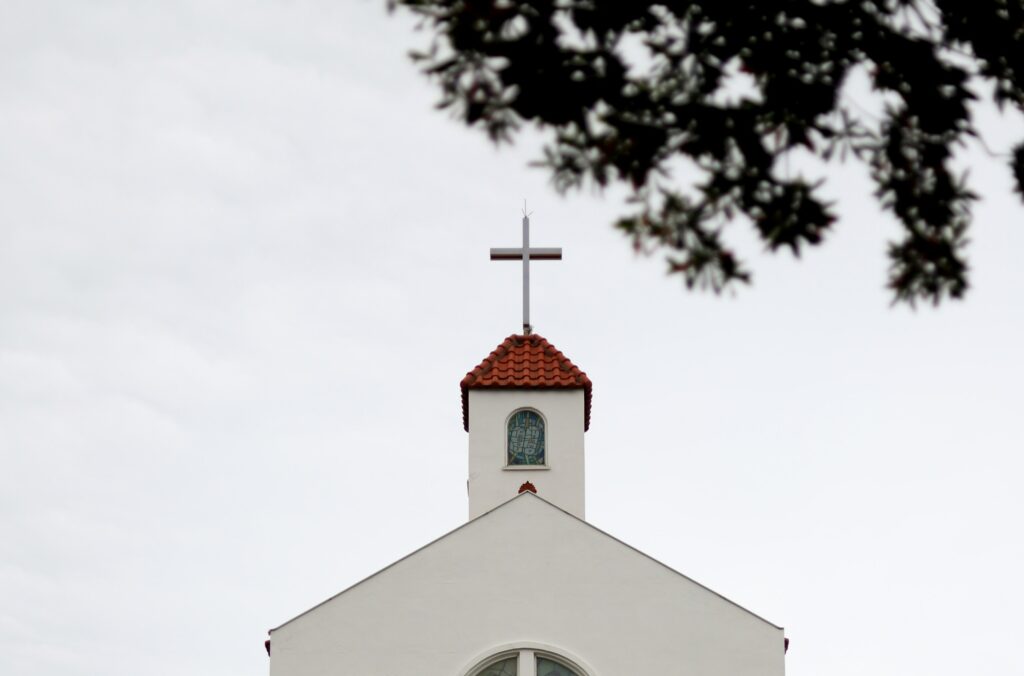
Part 1: And It’s No Secret | Part 2: The Long Range
God designed the church to grow—together—in unity and in the knowledge of Christ. What’s the process for doing that?
Paul gives us steps through which we work toward that goal. By using the term “steps,” I don’t mean to imply that they’re in series, so that we do the first one, and then, once we’ve accomplished it, we work on the second; rather, they’re presented in contrasted form: don’t do these things, but rather do this other thing instead.
I suppose I should start by acknowledging an unstated assumption here. I’ve assumed that the church hasn’t yet arrived at the long-range goal of unity in Christ. I suppose I could give evidences, but truthfully, I don’t know anyone who would argue that we’re fine just as we are. Both as individuals, and as a body, we’ve got issues. So I’ll just acknowledge that I haven’t proved that, and if anybody wants to argue otherwise, I’ll be happy to demonstrate it, after I’ve picked myself up off the floor.
So then. How do we make progress toward being what God has designed and equipped us to be?
For starters, Paul says, stop being children:
That we henceforth be no more children, tossed to and fro, and carried about with every wind of doctrine, by the sleight of men, and cunning craftiness, whereby they lie in wait to deceive (Ep 4.14).
Now, children are delightful. We all love their energy, their curiosity, their quickness to grasp new things, their fresh perspective on things.
Assuming, of course, said children are letting us get enough sleep.
We even have a word for those delightful qualities: childlikeness.
May there always be children.
But we don’t say, “Long live children”—because we want children to grow up; we want them to mature. We don’t want them to stay children, despite all our protestations that they grow up too fast.
Paul identifies a couple of specific ways that children, because they are immature and inexperienced, have negative qualities, things they need to outgrow.
First, they’re inconsistent, “tossed to and fro,” “carried about with every wind of doctrine.”
Wind can be a good thing. It can lift a 747, or more recently, an A380, right off the ground to “top the wind-swept heights with easy grace”; at a much more mundane level, it can help dry your laundry and save on your electric bill.
But it can also do a lot of damage. It can wipe out an entire town in 15 seconds. (In June 1998 I visited Spencer, SD, which a tornado had obliterated just like that a month earlier. The town was just gone.) It can topple a tree onto a car, killing everybody in it instantly. (That happened to a weather crew from a TV station here in Greenville a few years ago.)
You don’t play with dangerous wind.
And, Paul says, you don’t play with dangerous doctrine.
No need to be afraid—God leads his dear children along—but don’t be careless.
Ideas have consequences; doctrine matters. Existentialism brings self-centeredness and despair; polytheism brings confusion and fear; Jehovah’s Witnesses and members of the LDS Church belittle the person of Christ and thereby make themselves slaves to good works.
To press Paul’s illustration, little children can be tossed about despite their best determination to do right. I was, and I suspect you were too. Children are like that.
But we’re supposed to grow up.
Over the years I’ve known Christians, even pastors, who seem to be suckers for every doctrinal aberration that comes down the pike. I wonder if they’re constituted like the Athenians, who “spent their time in nothing else, but either to tell, or to hear some new thing” (Ac 17.21). The stuff they already know is boring to them; they want something new, something contrarian, something that will give them a buzz, something to get the adrenaline going, something to feed their love of conspiracy theories.
Something to catch their eye, to make them reach up from where they’re lying in their crib.
Nope. Paul says we need to mature out of that. We need to be stable in the things we already know, well founded, solid, standing firm against the winds of the day, able to provide support to one another in a storm.
As you might suspect, there’s more to come.
Part 4: The Short Range: Discernment | Part 5: The Short Range: Truth
Photo by Nagesh Badu on Unsplash

Leave a reply. Keep it clean.